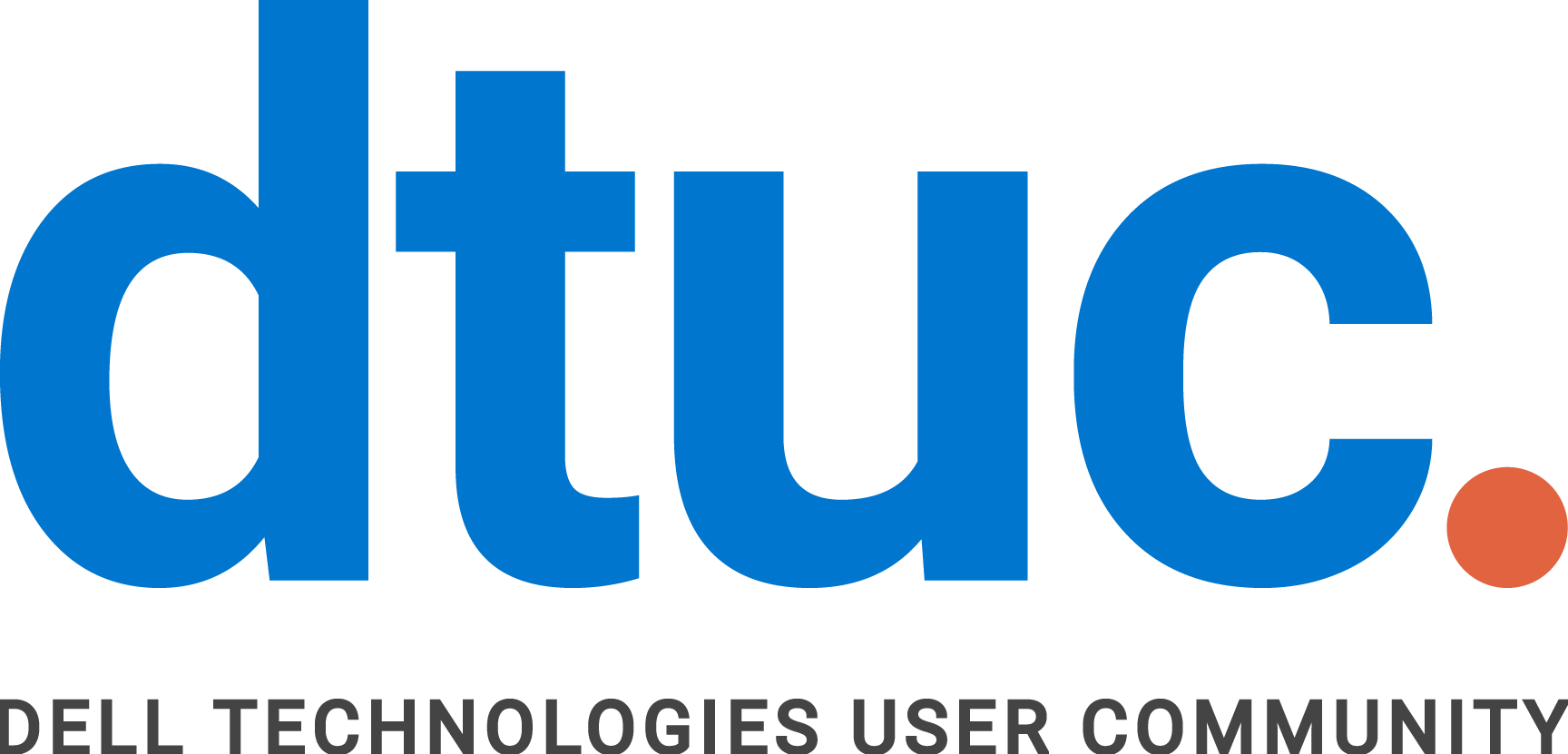Don’t miss Part 1 of our conversation with VMUG president Steve Athanas on how to advance your career in IT.
Early in his professional career at University of Massachusetts Lowell, Steve Athanas took advanced training classes and became a Microsoft Certified Software Engineer (MCSE). Several years later, he earned an MBA, giving him a better understanding of business fundamentals, from management strategies to accounting and finance. He is also a VMware certified design expert, as well as president of the VMware User Group (VMUG).
“We all need to be lifelong learners,” said Athanas, who is associate CIO for UMass Lowell. “But you need to be strategic in your thinking and choose carefully among your educational options.”
Does it make sense to invest the time and dollars to earn a professional certification? The answer depends on the current stage of your career stage as well as your long-term goals, says Athanas.
If you are just starting out in an IT field, earning a certification from Dell, Microsoft, VMware of another leading company can open the door to new opportunities in your organization or elsewhere. “The required training makes you better at your job,” said Athanas. “That’s a plus for your employer, as well.”
Earning a certification can also help you make a lateral move within the organization. Perhaps you want to move from networking into systems engineering or vice versa. “Completing a certificate program shows your interest in a new field, and that you are taking the initiative to keep learning,” Athanas said.
Through the years, Athanas has seen certification exams evolve from multiple-choice formats to open-ended questions based on real-world situations. That makes them better at testing actual skills, especially early in your career, he added.
Considering a new position?
If you are considering a change of companies, earning a certification can move your resume to the top the pile. “Employers always wonder if a candidate has the skill set to perform well on the job,” Athanas said. “Certifications show that you have developed the skills and knowledge needed to pass the exam. That can make you a much more attractive to a new employer, and your resume is unlikely to wind up in the circular file.”
However, certifications may have less value if you are well into your career, especially if you are aiming for a management position. If your goal is to become a CIO, for instance, adding a technical certification won’t bring you closer to that position, Athanas said. “Instead, senior leadership will be looking at things like your project management, communication and team-building skills,” he said. “They also want to know how you can bring technology to bear on the business goals of the organization.”
If you want to move up to a leadership position, your resume should showcase your accomplishments, rather than your education and training, Athanas added. “If you are responsible for the deployment of Dell desktop systems, for instance, don’t just list your title and duties. Show that you saved 30 percent on spend year-over-year, for instance. Demonstrate your business value and you will be well on your way to moving up to a new level.”
